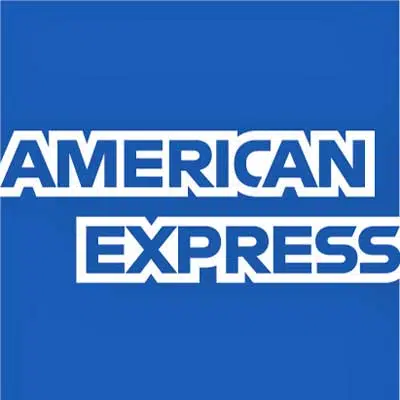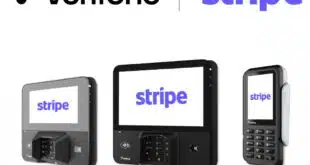American Express Co. reached an approximately $230 million settlement with the Department of Justice late Wednesday over allegations the card company engaged in deceptive marketing practices.
The DoJ claims that AmEx’s deceptive marketing practices for its credit card and wire transfer products violated the Financial Institutions Reform, Recovery and Enforcement Act of 1989.
The alleged deceptive practices include misrepresenting credit card rewards or fees, whether credit checks would be done without a customer’s consent, and submitting falsified financial information for prospective customers, such as overstating a business’s income.

The DoJ also alleges that AmEx employees used “dummy” employer identification numbers (EIN) in opening small business credit card accounts in 2015 and the first half of 2016. AmEx was marketing the small business cards to replace co-branded credit cards it was discontinuing at the time, the DoJ charges. AmEx allowed the fake EINs to remain on the credit card accounts for up to two years before remediating the problem, the DoJ alleges.
As part of its settlement with the DoJ, AmEx will pay a $108.7 million fine to resolve allegations, plus 4% interest on the unpaid balance annually.
AmEx will receive a credit of $30.35 million toward the penalty if it “makes full payment of the forfeiture and fine amounts due” under the non-prosecution agreement, according to the settlement agreement.
“Today’s multi-million-dollar settlement should make clear that financial companies who engage in fraudulent and deceptive practices will be held accountable for their actions,” Special Agent in Charge John T. Perez of Headquarters Operations, Office of Inspector General for the Board of Governors of the Federal Reserve System and Consumer Financial Protection Bureau said in a statement.
The settlement is neither an admission of wrongdoing by AmEx nor a concession by the DoJ that its claims are unfounded, the DoJ says in the settlement agreement.
Separately, AmEx entered into an agreement with the U.S. Attorney’s Office for the Eastern District of New York Thursday to pay more than $138 million for deceptive marketing practices “touting tax breaks” to cardholders “that simply didn’t exist,” according to the U.S. Attorney’s Office.
AmEx will continue to cooperate with and provide information to the U.S. Attorney’s Office for at least the 36-month term of the agreement.
“In the event that AmEx violates the [non-prosecution agreement], the Office may prosecute AmEx for any of the conduct that gave rise to the NPA and any newly discovered criminal activity,” the U.S. Attorney’s Office says in a statement.
In a blog on its website, AmEx stated the two settlements bring closure to “previously disclosed investigations” into its sales practices for small business in the United States customers, which it ended in 2021 or earlier.
“We cooperated extensively with these agencies and our regulators and took decisive voluntary action to address these issues, including discontinuing certain products several years ago, conducting a comprehensive internal review, taking appropriate disciplinary measures, making organizational changes, and enhancing policies, compliance, and training programs,” AmEx said. “Pursuant to the agreements and after crediting, American Express will pay approximately $230 million in total to resolve these matters.”
AmEx added that the “costs associated with the agreements were largely reserved for in prior periods and do not impact the 2024 guidance previously provided” and it expects to resolve the matter with the Federal Reserve in coming weeks.

In related news, Shift4 Payments Inc. earlier this month agreed to pay the Securities and Exchange Commission $750,000 for failure to disclose employment relationships with two immediate family members of its executives as well as the payment of commissions to another immediate family member of its executives, from 2021 through 2023. The SEC claims Shift4 did not comply with disclosure requirements “applicable to transactions with such related persons.”





